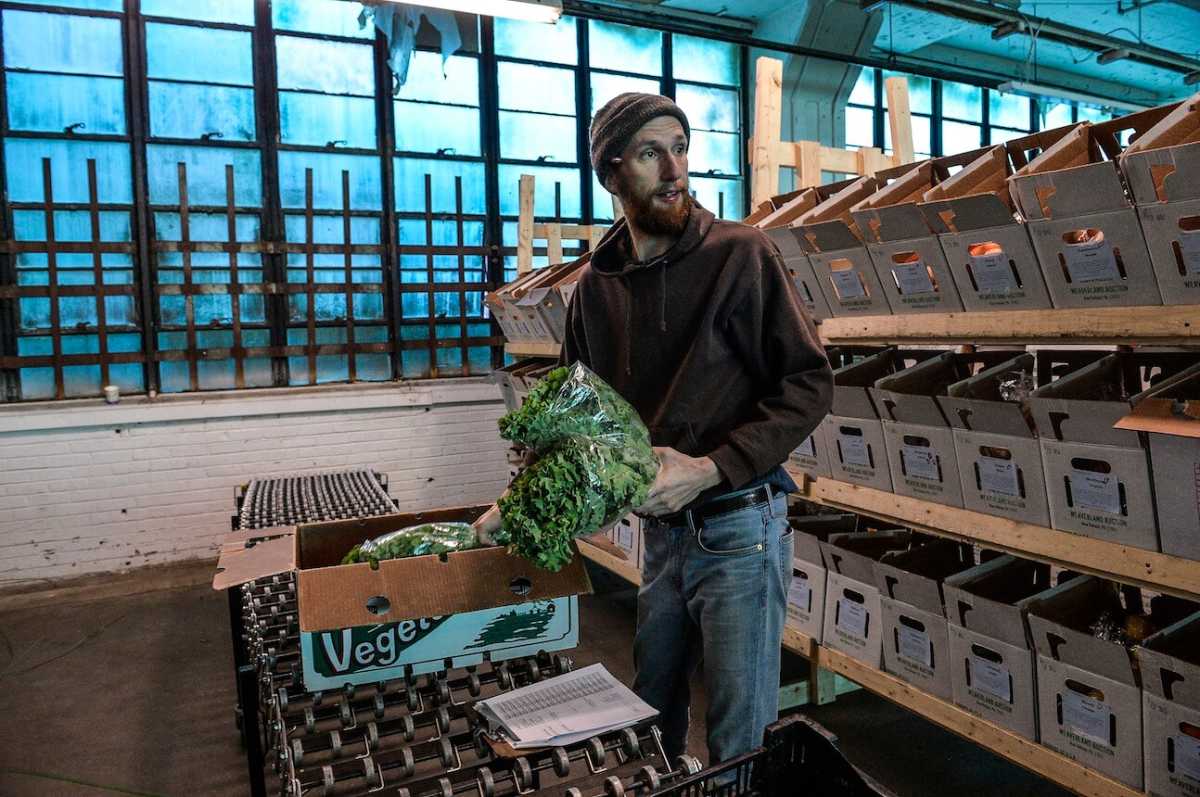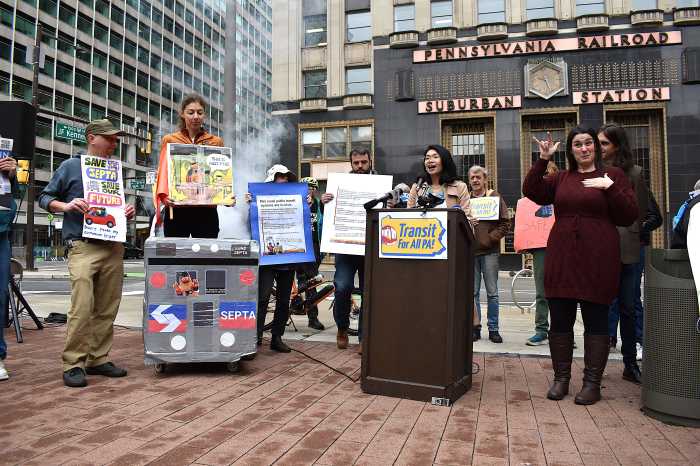Just outside Philadelphia’s border lies some of the most fertile farming soil in the world, and city-dwellers can get in on this year’s harvest by signing up for farm-share programs that are kicking off in the coming weeks. The concept of community-supported agriculture programs (CSAs) has been around since at least the 80s, and there are many different options for Philly foodies who want to get their produce straight from the farm. The CSA out of Kneehigh Farm in Chester County is in its third year and will be delivering to 75 members in the Philly area through spring and into fall. “Our farm is like a little organic vegetable jewel amongst lot of monocultures,” said farmer and California native Emma Cuniff said, referring to the larger single-crop fields prevalent in the area. Cuniff said members can expect to see crops ranging from 10 different kinds of heirloom tomatoes to exotic veggies like Mexican sour gherkins ground cherries, Cylindra beets and Persian style cucumbers. RELATED:Philly City Council hears emotional testimony at ‘puppy mill’ hearing At Philly Foodworks, produce for their roughly 800 members is sourced mostly from farmers in Lancaster and Upper Berks counties and South Jersey, while they offer other goods like breads, coffee and jam that’s created right in Philly. Members can customize their farm-shares online, like with the Red Earth Farm CSA, and they offer pick-up from 50 locations in the city or home delivery. “With the flexible shares, I think we’re starting to attract a different audience,” said co-founder Dylan Baird. “Their main thing isn’t necessarily local food. They want to eat better, they want to cook more with fresher ingredients to make healthier food. It’s definitely a wider demographic.” “It’s really combatted a lot of people’s negative stereotypes around CSAs. People were saying, ‘Yeah, I was doing it, but I got tired of kale or celeriac,’” he said.
Greensgrow Farms, which was founded out of some soil in Kensington in the 90s, is in its 14th year of offering a CSA. They have about 800 members. “You can always expect a variety of seasonal vegetables – all from farms within 150 miles of our stores,” said Katie Jacoby, Greensgrow’s CSA manager. “We design our CSA based on an urban couple who goes out to eat maybe two times a week. We’re not trying to inundate you with a crazy quantity of every item. We don’t expect everybody to be canners. What we like to do is give you a good actionable quantity of an item.” RELATED:Brash small-town mayor John Fetterman makes case for Senate in Philly Profits at Greensgrow all go back into their non-profit programs, like SNAP box and mobile market, Jacoby said.
Some people prefer CSAs that support a single local farm, while others care most about getting the fresh produce and food that they want.
But whichever route you take, you can’t go wrong, said Julie Hancher, co-founder of Green Philly Blog.
“It’s one of the best things you can do environmentally. You’re not getting ingredients shipped from Mexico,” Hancher said. “It’s important to support local farmers … even if they’re not certified organic, they typically use less pesticides and more natural management.” Aside from the environmental and health reasons, CSAs also make sense in terms of cold hard cash.
“For me personally, I save a ton of money,” Hancher said. “It’s like 20 bucks for fresh veggies. Compare that to the organic section at Whole Foods or somewhere else, it would probably be $50 to $80, especially for that quantity. At first glance it seems intimidating, but for a cheap price you know its local, and you know it’s organic.”
Forks out for this year’s harvest of Philly CSAs

Charles Mostoller





























